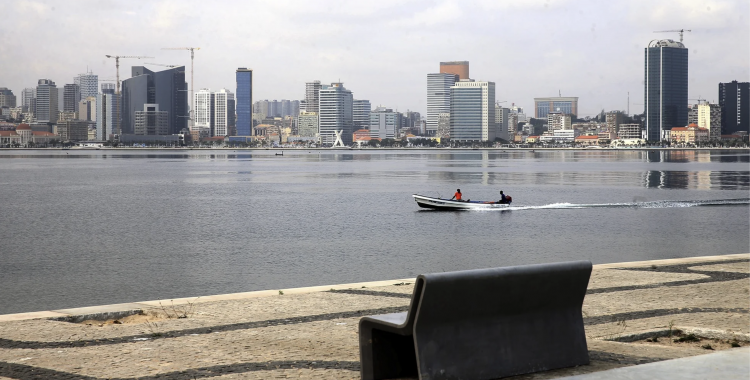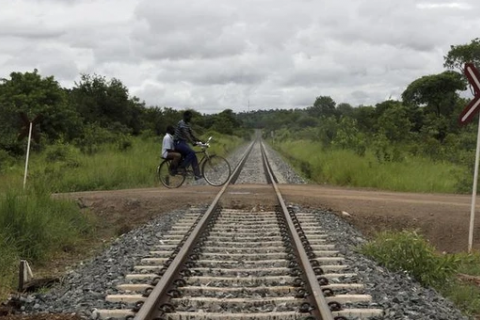"Angola appears to be the next country most at risk of entering into financial default, due to its high foreign currency debt and exposure to China," wrote David Omojomolo in an analysis of the debt restructuring processes of several African countries.
In the comment, sent to investors and to which Lusa had access, Omojomolo emphasizes that "the relatively rapid progress of talks with creditors on the restructuring of Ghana's debt contrasts with the slow experiences of Ethiopia and Zambia", the first country to enter default following the impacts of the covid-19 pandemic, in 2021.
The difference in progress, he highlights, "can be explained by China's role in the discussions, but private creditors have also been tough", in a context in which the Common Framework, a kind of map on how negotiations for restructuring the debt, "proved incapable of bridging the differences between the perspectives of different types of creditors".
In December, Ethiopia became the third African country to default when it failed to make a debt payment, but previously several institutions and development banks argued that it was necessary to find a new model that works when a country is unable to pay your debt installments.
For David Omojomolo, one of the issues that created increased difficulty in debt restructuring processes has to do with the change in the composition of creditors, which are increasingly less bilateral and official, that is, countries and multilateral financial institutions, and each more and more private creditors.
"Part of the issues reflect the fact that the creditor landscape has changed dramatically in recent decades since the mid-2000s, when the majority of creditors were G7 governments, but now, private creditors, excluding those from China, are leaders in terms of loans to governments, and China has become the largest bilateral creditor", writes the analyst.
The Asian giant, in fact, is a fundamental player in the debt picture, since "the degree of exposure to China appears to be a common denominator for the protracted negotiations with Ethiopia and Zambia", countries that have 17.4 percent and 29.4 percent respectively of total debt owed to China, while Ghana owes only 2.2 percent of its debt to the Chinese.
The multilateral financial system, argues David Omojomolo, "is not up to par" and its lack of effectiveness limits results and harms creditors and countries alike, as it "does not present a mechanism that forces creditors to be more transparent about concessions offered, which is essential to ensure comparability of terms" between official and private creditors.
The result, he adds, "is that these economies remain cut off from international financial markets, with each government becoming increasingly dependent on concessional financing, which in the case of Ethiopia is pushing the country away from the Western multilateral system, as this was demonstrated by joining the BRICS and requesting more loans from China".
The result, he concludes, is that these countries "are expected to operate below pre-pandemic levels in the coming years and will be forced to make a financial adjustment to ensure debt sustainability levels linked to the International Monetary Fund's financial aid programs, which will slow down economic growth".







